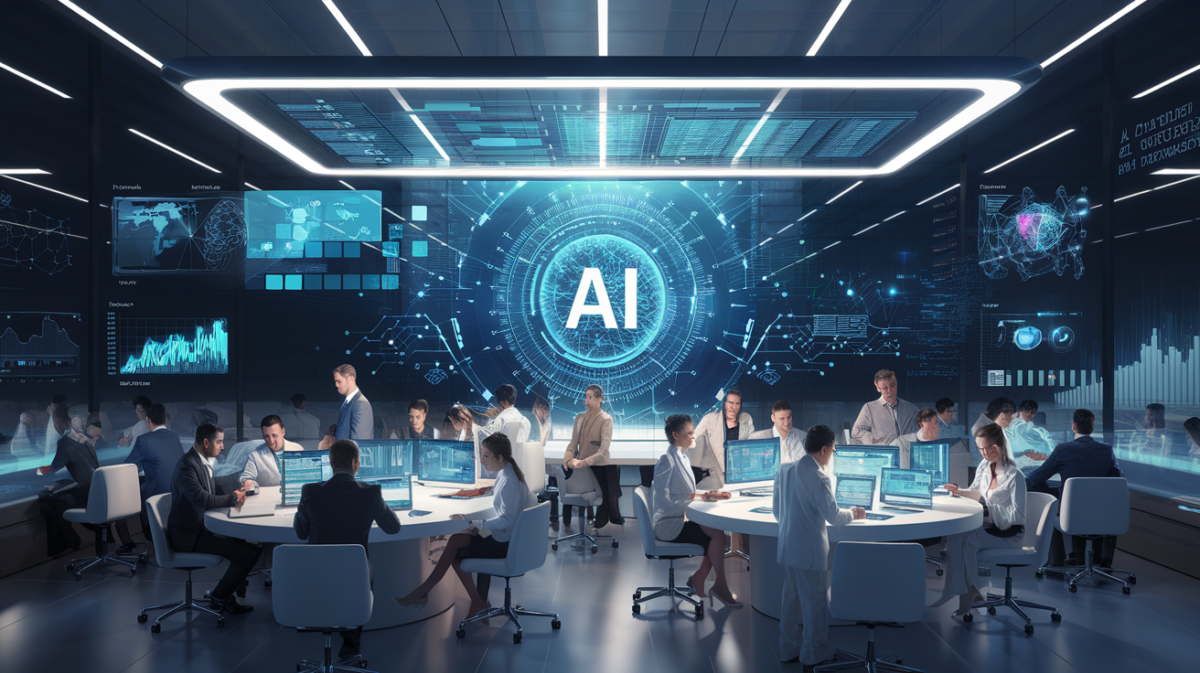The consulting industry is undergoing a seismic transformation as artificial intelligence (AI) becomes an integral part of its operations. Firms like McKinsey & Company are leading the charge, leveraging AI to streamline workflows, enhance productivity, and redefine the value they offer clients. This shift, however, is not without its challenges, as the industry grapples with workforce adjustments and evolving client expectations.
McKinsey’s AI-Driven Evolution
In July 2023, McKinsey introduced “Lilli,” an internal AI platform designed to revolutionize its knowledge management system. By August 2025, Lilli had become a cornerstone of the firm’s operations, with 72% of its 43,000 employees using it regularly. The platform processes over 500,000 prompts monthly, automating tasks such as drafting presentations and summarizing research. This allows consultants to focus on higher-value activities like strategy development and client engagement.
The adoption of AI has also led to significant workforce changes. Over the past 18 months, McKinsey reduced its headcount by more than 10%, aligning with a broader industry trend of using AI to improve profitability. Despite these reductions, the firm continues to recruit, emphasizing AI as a tool to augment human capabilities rather than replace them.
The Broader Consulting Landscape
McKinsey is not alone in its AI journey. Other major consulting firms, including Boston Consulting Group (BCG) and Bain & Company, are also integrating AI into their services. For example:
- BCG reports that 90% of its employees use AI regularly, with nearly half relying on it daily for tasks like data analysis and report generation.
- Bain & Company has developed proprietary AI tools to enhance client deliverables, focusing on predictive analytics and market insights.
This widespread adoption highlights the industry’s recognition of AI’s potential to drive efficiency and innovation.
Client Expectations and Market Shifts
Clients are increasingly aware of AI’s capabilities, leading to a reevaluation of traditional consulting models. Many now question the need for human consultants in tasks that AI can perform, such as:
- Data analysis
- Market research
- Basic strategy formulation
This shift forces consulting firms to redefine their value proposition, focusing on areas where human expertise remains irreplaceable, such as:
- Complex decision-making
- Change management
- Ethical considerations in AI deployment
Comparing AI Adoption Among Top Consulting Firms
| Firm | AI Platform | Employee Usage | Key Focus Areas |
|---|---|---|---|
| McKinsey & Company | Lilli | 72% | Knowledge management, automation |
| Boston Consulting Group | BCG X | 90% | Data analytics, predictive modeling |
| Bain & Company | Bain AI | 85% | Client insights, market trends |
Navigating the Future
The integration of AI into consulting represents both an opportunity and a challenge. While AI can enhance efficiency and unlock new service offerings, firms must balance technological advancements with the human touch that clients value. Key considerations for the future include:
- Workforce Training: Upskilling employees to work alongside AI tools.
- Ethical AI Use: Ensuring transparency and accountability in AI-driven recommendations.
- Client Collaboration: Partnering with clients to co-create solutions that blend AI and human expertise.
As the consulting industry continues to evolve, firms that successfully navigate this transformation will be well-positioned to thrive in an AI-augmented future.
Conclusion
The rise of AI in consulting is more than a technological shift—it’s a fundamental reimagining of how firms operate and deliver value. McKinsey’s embrace of AI exemplifies the industry’s potential to innovate, but it also underscores the need for thoughtful adaptation. By focusing on the unique strengths of both humans and machines, consulting firms can chart a path forward that benefits both their teams and their clients.







